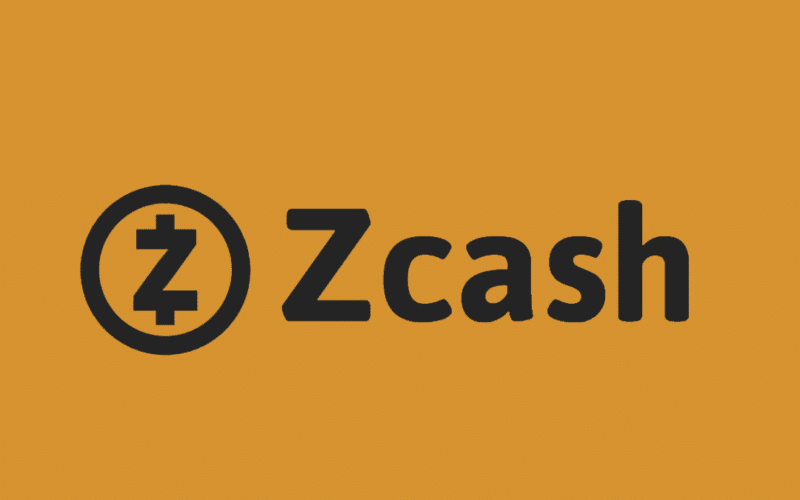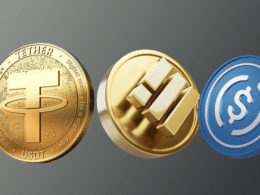One of the core philosophies of cryptocurrencies is using anonymous methods for sending and receiving money. On the other hand, since they rely on blockchains, transactional information is publicly verifiable, which upholds the principle of transparency.
This duality is a double-edged sword where, in one aspect, cryptocurrencies are somewhat anonymous, but on the other hand, they are not. For every problem, developers are always looking for solutions, resulting in a subset of dedicated privacy-conscious coins.
Privacy in any industry, especially financial, has long been a concern for users globally. According to CryptoSlate.com, 79 privacy coins are in the market. While Zcash is not one of the most popular coins overall, it is the second-most traded privacy cryptocurrency after Monero, presently with a market cap of $1.5 billion, according to the same source.
As one will soon see, Zcash shares many similarities with Bitcoin, except it is more private than its predecessor. Let’s dive deeper into the history of Zcash, how it works, and the good and bad reasons for being a potential investment.
History of Zcash
| ZCASH | |
| Organization | Electric Cash Company |
| Date released | 28 October 2016 |
| Ticker symbol | ZEC |
| Algorithm | Equihash |
| Consensus mechanism | Proof-of-work |
| Halving | Yes (next halving in 2024) |
| Block reward | 3.125 ZEC |
| Block time | 75 seconds |
| Supply limit | 21 million |
The foundation of Zcash was led by popular American cypherpunk and computer security expert Zooko Wilcox-O’Hearn. He founded the organization Zcash Company, which is now called the Electric Coin Company.
Zooko, along with other developers, was inspired by an academic paper entitled ‘Zerocoin: Anonymous Distributed E-Cash from Bitcoin’ released in 2013 by the professor, Matthew Green, and his graduate students from the Department of Computer Science at Johns Hopkins University.
The paper’s main thesis was entailing Bitcoin’s weaknesses where payment history was essentially not private on the blockchain. Although some techniques exist to hide this data, this is complex.
The Electron Coin Company sought to develop a new cryptocurrency, initially known as a Zerocash, hiding the origin, destination, and payment amount while still having a publicly verifiable blockchain.
Before officially launching for mining on the 28th of October 2016, the Electric Coin Company successfully raised over $3 million from California-based venture capital firms. Within the first week of release, the initial demand for Zcash was extraordinarily high.
Various sources suggest each coin was trading for just over $3000. As of 16 June 2021, 1 ZEC is worth $133.
How does Zcash work?
The concept of Zcash is simple to understand. It is a decentralized, peer-to-peer cryptocurrency like others transactable globally across mobile phones, computers, and designated digital wallets.
The main distinction is its design focuses exclusively on privacy. Zcash achieves this goal through innovative cryptography known as zk-SNARK (Succinct Non-interactive ARguments of Knowledge).
In simpler terms, this is referred to as zero-knowledge (zk) proof technology, a method for two parties to partake in a transaction without divulging sensitive information while also confirming the validity of the transaction.
While a blockchain explorer exists for Zcash, it’s next to impossible to know the sender and receiver’s information or the amount transferred in the deal unless this data has been purposefully revealed. Therefore, unlike many coins that are pseudonymous, Zcash is technically anonymous.
What is also unique about Zcash is users can selectively disclose the encrypted data (t-addresses instead of z-addresses) for their own auditory purposes. The creation of Zcash tokens involves a proof-of-work consensus mechanism or mining where miners receive 3.125 ZEC for solving blocks, securing the network, and confirming transactions.
Each block takes about 75 seconds to form, making it a relatively fast coin to use. Like Bitcoin, Zcash has a fixed supply of 21 million, and supply is reduced in half every four years, making it a scarce, deflationary coin. The present circulation of ZEC is 11.9 million.
Final word
After Monero, Zcash is the most influential privacy coin, dominating a bigger market share over the likes of Horizen, Pirate Chain, Verge, and NuCypher. However, it is facing stiff competition from these projects.
Nonetheless, anonymity in financial dealings is increasingly becoming a necessary attribute, making Zcash particularly appealing from a user and investing perspective. Let’s round up with some of the good and bad things about Zcash.
Pros
- The main attraction of Zcash is it’s entirely anonymous. Many other coins are pseudonymous, meaning transaction history is still linkable to a recognizable source through advanced methods despite some level of present confidentiality.
Moreover, a transparent block explorer is available for seeing every mined block and a real-time list of shielded and transparent transactions from users.
- With a block creation time of 75 seconds, Zcash transactions are quite fast compared to other cryptocurrencies like Bitcoin that have a block time of 10 minutes. Furthermore, the default transaction fee is 0.0001 ZEC, which is incredibly low.
- Zcash is one of the handfuls of scarce mineable tokens due to employing halving. History has proven these types of coins tend to increase in value over time since less supply often results in higher demand.
Cons
- Cryptocurrencies, in general, can experience periods of high volatility where prices can decrease substantially at any time. Many investors consider crypto overall as unstable in the long term despite being ever-present over the last decade.
- Zcash currently uses mining, which heavily relies on electricity. This feature has been frowned upon by experts and much of the masses because of its negative environmental consequences.
No news has come to light yet from the Electric Coin Company on whether Zcash will use a more sustainable method in the future.
- While privacy-focused projects have received positive feedback, they have also faced criticism for years due to their reputation of being used in darknet activities. Should stronger regulation come into play, it might have a pessimistic impact on Zcash.







